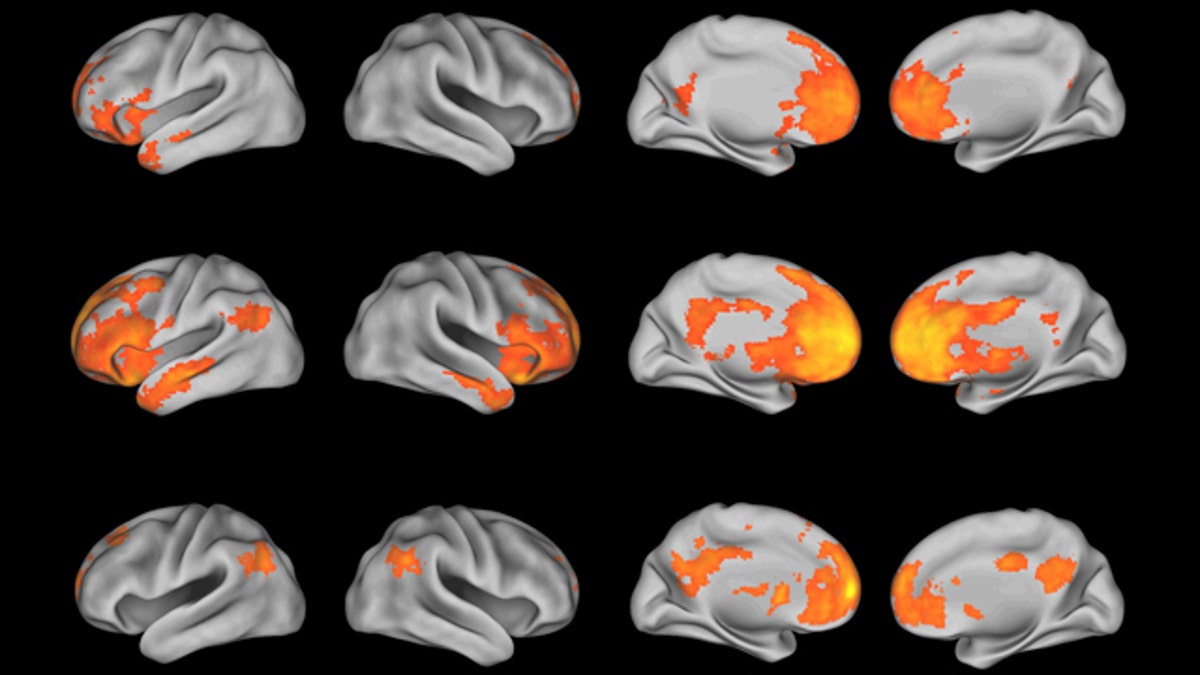
(Science/AAAS)
A new treatment for psychiatric disorders like depression and anxiety uses real-time scans to show patients how their brains go awry—and how to fix the dysfunction.
The treatment is called neurofeedback.
There is an urgent need for new approaches for psychiatric disorders, particularly depression. Almost 17% of Americans will suffer from major depression during their lifetime, according to a 2012 study published in the International Journal of Methods in Psychiatric Research.
Not everyone responds to current treatments like antidepressant medication and talk therapy. In one study of almost 3,000 patients, only about 1/3 of them achieved remission from their depression after up to 14 weeks on the drug citalopram (brand name Celexa).
Neurofeedback aims to be more precise than current therapies. It directly targets the brain dysfunctions and emotional and cognitive processes that are understood to underlie psychiatric disorders. Doctors hope that treatments could also be personalized to address the issues in each individual’s brain.
Besides depression, neurofeedback is being studied in phobias, obsessive-compulsive disorder, addiction, traumatic brain injury and chronic pain, among other illnesses.
With neurofeedback, “there’s no need to take medication and no need to talk about your mother to a stranger,” says Kymberly Young, a postdoctoral associate at the Laureate Institute for Brain Research in Tulsa, Okla.







































